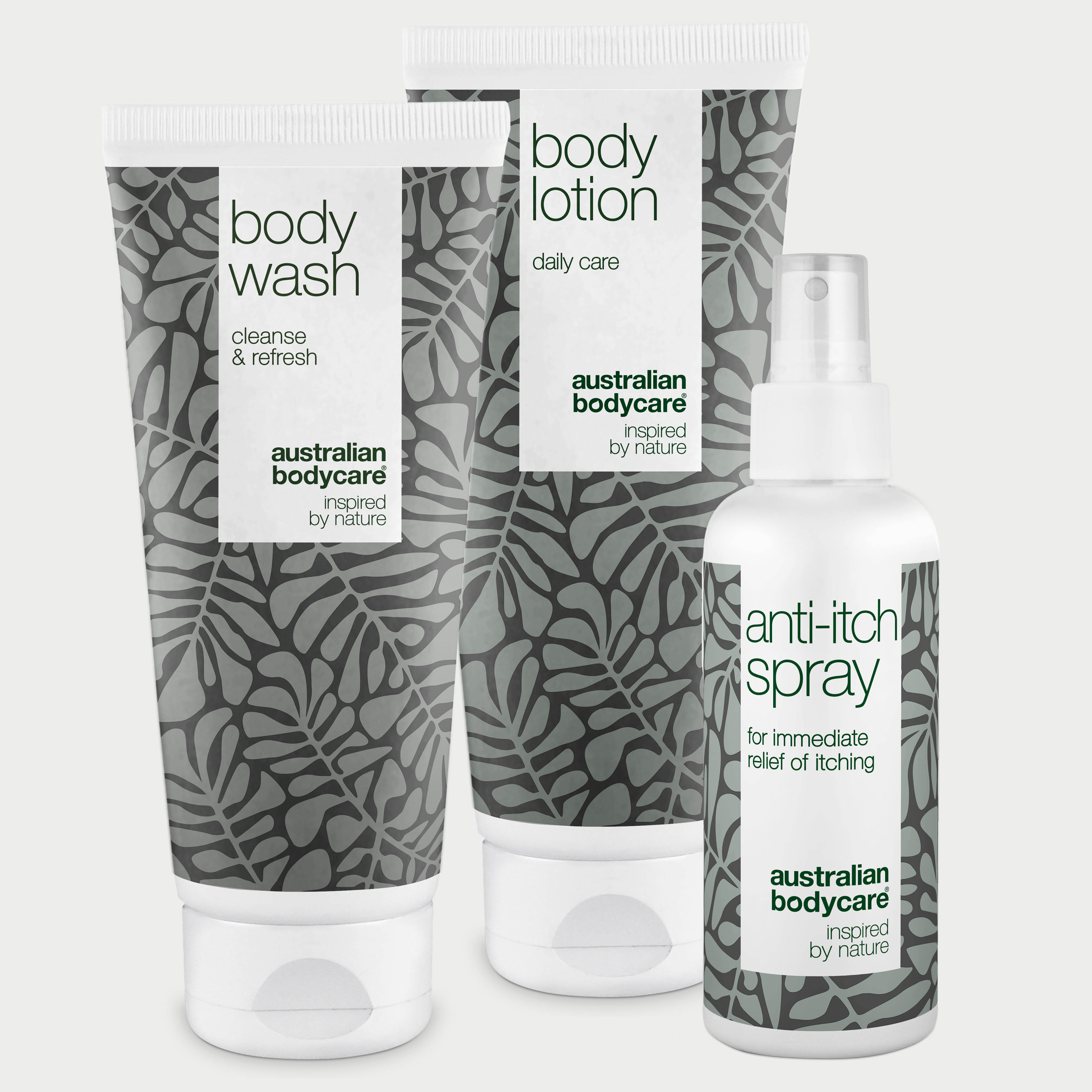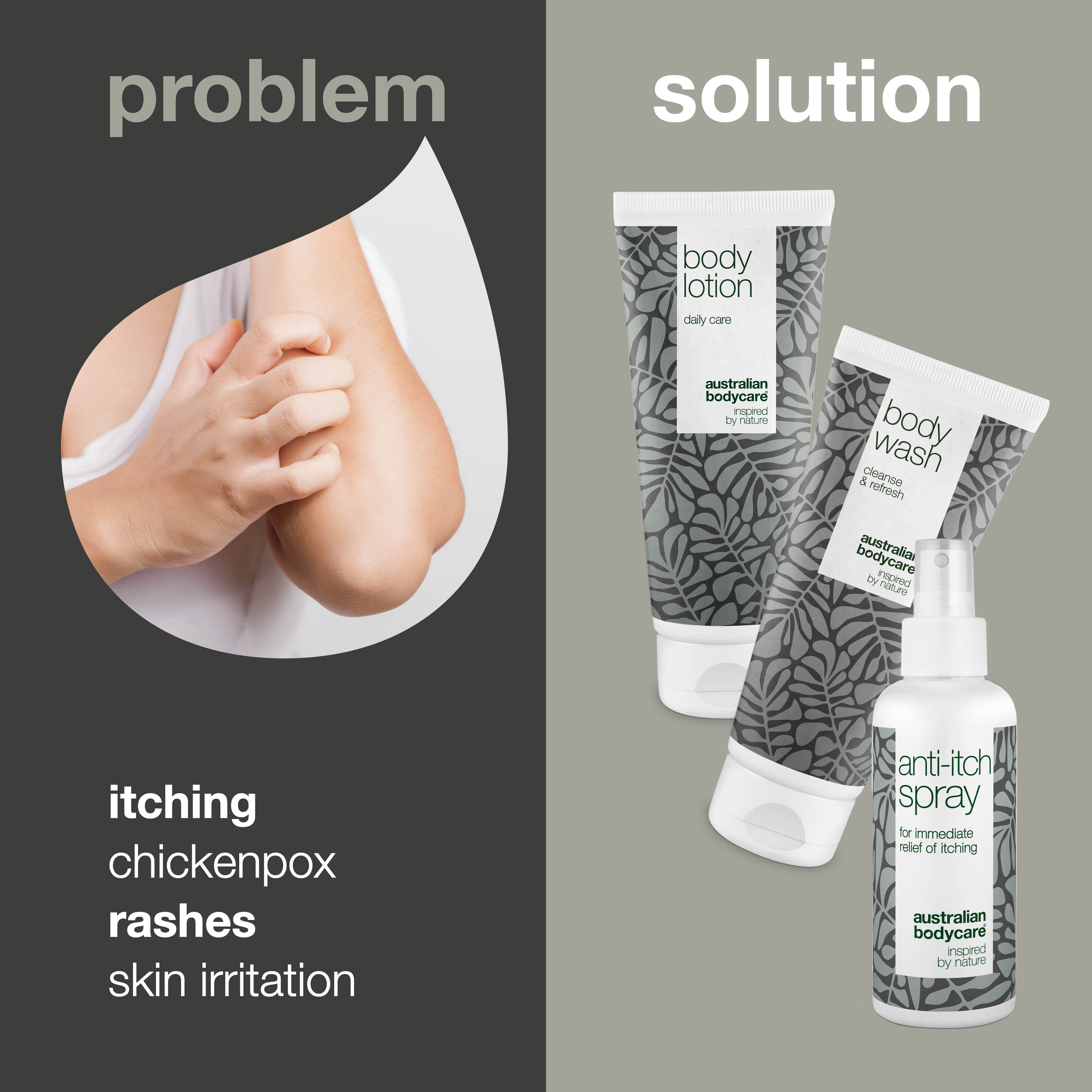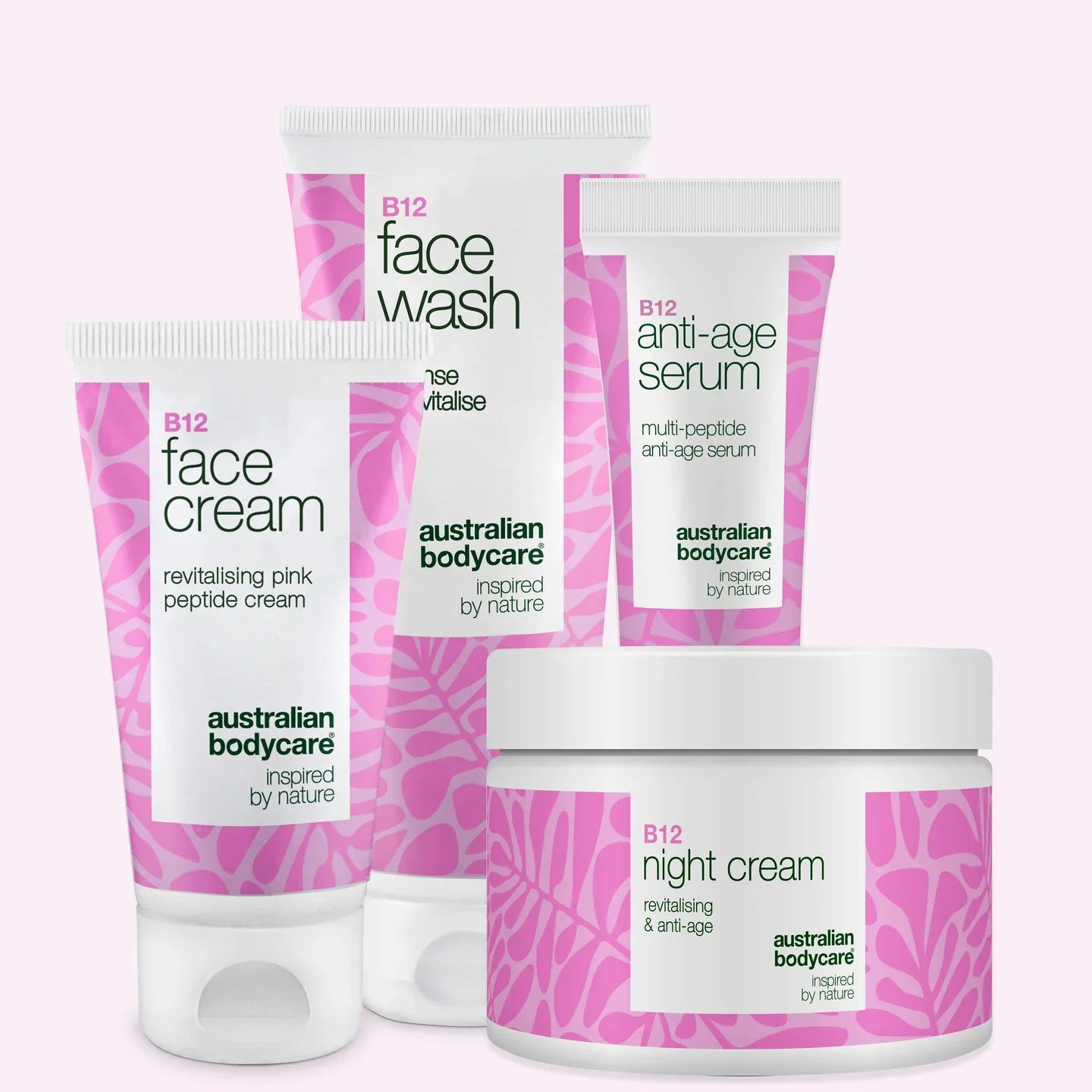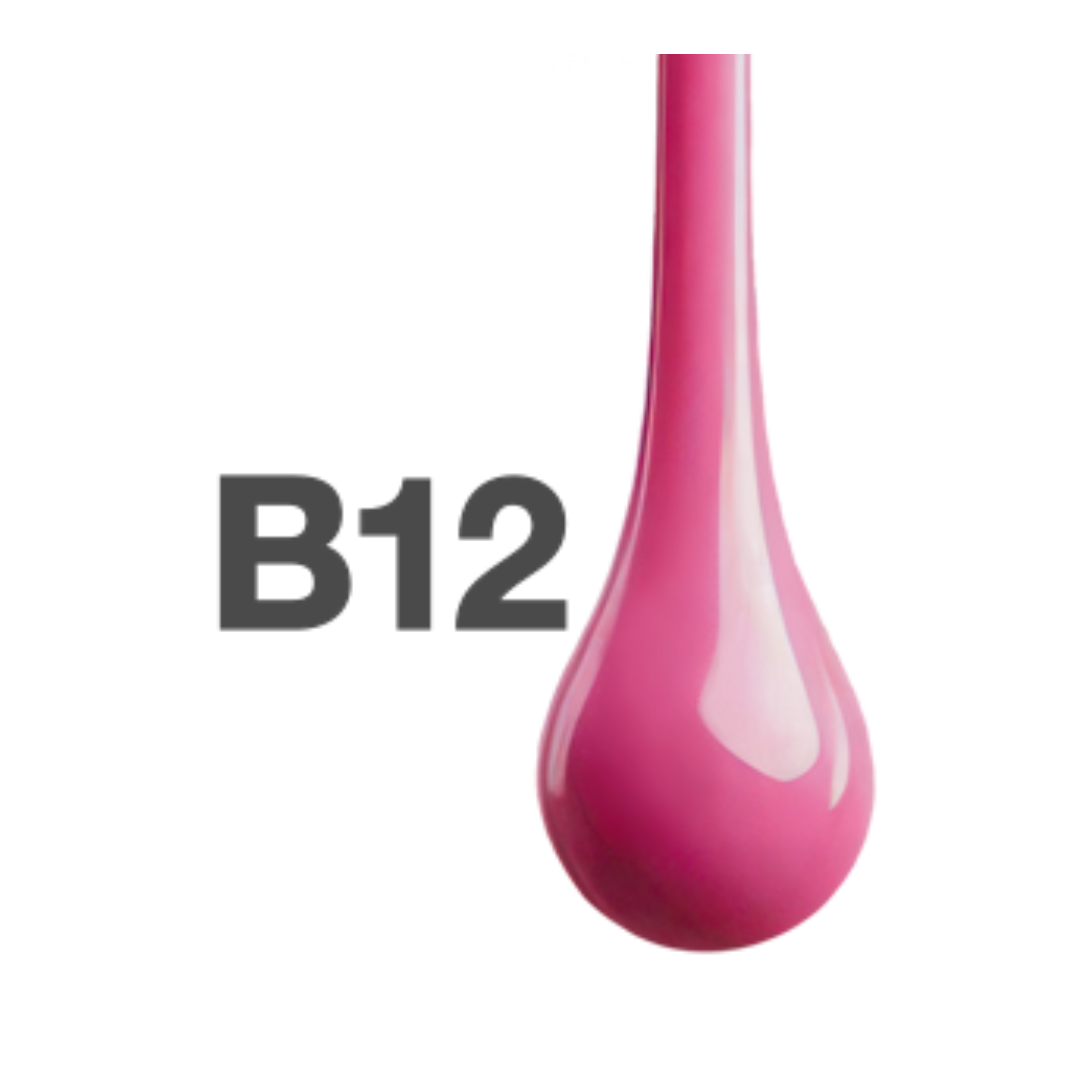Hives/Urticaria– What is it, who does it affect and how do you treat it?
Table of contents
What are hives – and who does it affect?
Hives is a skin condition that presents as an itchy rash on the skin. The rash consists of red or pale/white swellings on the skin. The rash is similar to what you get after touching a stinging nettle. Hives are called urtica in Latin, and the Latin name for hives is urticaria.
A distinction is made between acute hives, which last less than six weeks, and chronic hives, where symptoms last for more than six weeks.
Around 20% of the population will get hives at some point, perhaps just once or as a recurring problem.
Anyone can get hives: men and women; children, young and old. Acute hives most commonly affect children, while chronic hives are more common in adults. Women are three times more likely to get hives than men.
What do hives look and feel like?
Hives present as a reddish or whitish/whitish/pale rash on the skin. Often the rash will be pale in the centre and surrounded by a reddish ring. Where the rash appears, the skin is slightly swollen. The swellings in the skin are also called wheals.
Hives itch and sting and feel quite uncomfortable. The feeling is much the same as when you have touched a nettle and been 'burned'. Although it's not nice to have hives, luckily it's a harmless skin condition, even though it can look quite severe at the time.
The itching is very bothersome and can interfere with sleep and daily activities. If you have frequent outbreaks of hives, it can affect your quality of life, so you should make sure you get treatment for your itching, especially in such cases. For common itching, an anti-itch cream may be the solution.
Extreme swelling of the skin
In rare cases, swelling of the subcutaneous tissue may also occur. If this happens around the eyes or in the mouth, on the tongue, throat or lips, it can affect breathing and you should seek medical attention immediately. The condition is called Quincke's oedema or angioedema, but is very rare.
Severe attacks of hives with swelling of the face can be caused by hypersensitivity to insect bites. In this case it is also necessary to seek medical attention immediately.
How long do hives last for?
Hives can appear within minutes and the hives (the elements of the rash on the skin) can move around the body within hours or even minutes. The single rash will usually disappear within 24 hours, but a new rash can then appear and so it can feel as if the rash is still there.
Many people will, at some point, experience an isolated case of hives on a limited area of the body. These outbreaks will often last for just a few hours or 24 hours, after which they will go away on their own. However, if you keep getting new - and perhaps severe and prolonged - outbreaks of hives, you should see a doctor to find a treatment for the symptoms.
A distinction is made between acute hives, also known as physical hives, with symptoms lasting less than six weeks, and chronic hives, where the hives are more persistent and symptoms last for more than six weeks.
Why does one get hives?
Very little is actually known about why people get hives. And in most cases, the cause of the outbreak is never identified.
Some of the factors that can cause an outbreak of hives include the following:
- Medications, including certain types of painkillers (NSAIDs), some blood pressure medications, morphine and antibiotics.
- Infections, for example viral infections in children.
- Drinks and foods, for example nuts, eggs, milk and shellfish, if you already have an allergy to these.
- Preservatives and colourings.
- Cold, for example cold baths or cold wind on the skin (also called cold urticaria).
- Sun and heat (also called solar urticaria).
- Pressure on the skin for a long time (also called pressure urticaria).
- Physical activity with sweating (also called cholinergic urticaria).
- Contact with something you are allergic to or something that has a toxic effect, such as nettles (also known as contact urticaria).
- Psychological factors such as stress.
- Direct contact with animals to which you already have an allergy.
- Bee or wasp stings if you are already allergic to them.
How can you treat hives?
In an isolated case of hives that resolves quickly on its own, the doctor will rarely investigate further. In many cases, it will not be possible to find out what triggered the hives.
If, on the other hand, you find that you get hives again and again, and perhaps also that the outbreaks are severe and prolonged, you should see a doctor for an examination, either by your own doctor or by a specialist. The doctor can carry out various tests and examinations.
Get rid of the triggering cause
If you get hives, the first and most important step in treatment will always be to remove the triggering cause if possible. Very often, however, it is not possible to find the cause. But in the first instance, it is worth looking at any medication you are taking and whether you have an infection. You should also think about whether you have eaten foods that you don't usually eat. If you already know that you are allergic to certain things, you should of course avoid them in the first place. And if you have, for example, bathed in cold water or spent a lot of time in the sun, you can try to avoid it in the first place.
However, it is not always possible to find a cause - and then, of course, it can be difficult to remove the cause. Instead, other forms of treatment are needed if the hives persist. In mild cases, simply cooling the skin a little can help.
Treatment of hives with medication
Your doctor will usually suggest a course of antihistamines to help with the itching. Antihistamines are also available over the counter in pharmacies.
In particularly severe cases of hives where antihistamines do not work, the doctor may prescribe tablets containing adrenal cortex hormone. This can have side effects and is therefore rarely the solution.
Pregnant women and children can use antihistamines, but this should always be done in consultation with your doctor, as not all types are suitable. If you experience an itchy rash that looks like hives when you are pregnant, you should have it checked whether it is actually hives or so-called pregnancy itch, which is caused by slightly elevated liver enzymes.
Treatment with natural remedies and vitamins
It is always good to live and eat healthily and in some cases a healthier lifestyle may also have a beneficial effect on your hives. So, it is good to follow the dietary guidelines and eat lots of vegetables, avoid white bread, etc.
In addition, there are also a number of natural remedies and supplements that are supposed to be effective against skin conditions such as hives. There's nothing for it but to try and experiment until you find something that works for you, if you want to go down that route. For example, many people like natural remedies containing tea tree oil or aloe vera.
What are chronic hives?
When an outbreak of hives lasts for more than six weeks, it is called chronic hives. Most people can tolerate a single outbreak of hives that resolves fairly quickly. But when the outbreaks are prolonged, recurrent and may also cover large parts of the body, hives becomes a bothersome and very uncomfortable skin condition. It is then necessary to find a treatment that can eliminate or alleviate the symptoms.
There are different types of chronic hives, depending on what triggers the outbreaks:
- Sun-induced hives. A rare form of hives, particularly on the cheeks and the rest of the face after exposure to the sun.
- Pressure hives. An outbreak after the skin has been exposed to prolonged pressure from elastic bands, a tight trouser waistband, etc.
- Dermographism, also known as 'writing skin'. When the skin is scratched or scraped, hives may develop locally at the site.
- Cholinergic hives. After physical exertion with sweating, outbreaks of hives may occur, especially on the upper body.
- Contact hives. If allergy sufferers come into contact with, for example, animals or certain types of medicines and foods, outbreaks can occur. The same can happen to anyone after contact with, for example, nettles or a firefighter.
- Chronic autoimmune hives. These are recurrent outbreaks of hives where the body has produced antibodies against its own allergy cells.
- Hereditary angioedema. This is a very rare and hereditary disease in which a deficiency of an enzyme (C1 inhibitor) can cause very severe and recurrent swelling.
For further questions on this topic, we recommend that you contact your doctor.





